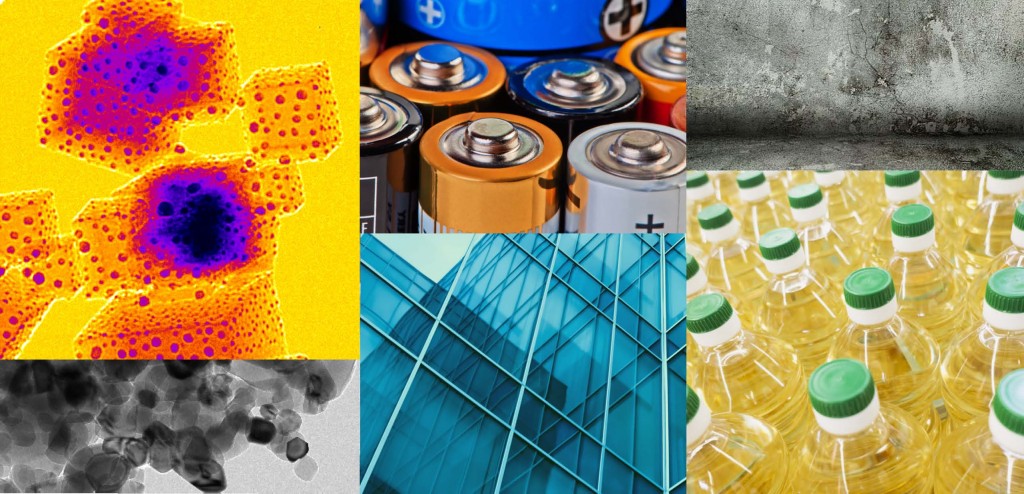
[Image above] Credit: NIST
China scraps quotas on rare earths after WTO complaint
(BBC News) China has scrapped its quota system restricting exports of rare earth minerals after losing a World Trade Organization case. The change was detailed in China’s Ministry of Commerce trade guidelines, issued at the end of December. Under the new guidelines, rare earths will still require an export license but the amount that can be sold abroad will no longer be covered by a quota.
Video: A chainsaw spiked with shark teeth
(Science News) First there was the Sawzall, a reciprocating saw that is the go-to tool for tearing down walls and cutting up unwanted material. Now there’s the “Jawzall,” a tool invented by a Cornell University undergraduate and her colleagues to assess just how deadly different shark bites can be.
A repulsive material: Novel hydrogel with electrostatic repulsion
In a world-first achievement, scientists from the RIKEN Center for Emergent Matter Science in Japan, along with colleagues from the National Institute of Material Science and the University of Tokyo, have developed a new hydrogel whose properties are dominated by electrostatic repulsion, rather than attractive interactions.
New concept of fuel cell for efficiency and environment
The Institute for Basic Science has succeeded in proposing a new method to enhance fuel cell efficiency with the simultaneous removal of toxic heavy metal ions. The research team applied Cr(VI) as a type of “CO scavenger” to a direct methanol fuel cell. Their new method not only uses the redox process to clean the platinum electrode surface by transforming CO into CO2, but also allows for the Cr(VI) to convert into Cr(III), which is a much less toxic oxidation state and even a micronutrient.
Freshman-level chemistry solves the solubility mystery of graphene oxide films
A Northwestern University-led team recently found the answer to a mysterious question that has puzzled the materials science community for years—why graphene oxide films were highly stable in water. The team found that during filtration, the aluminum filter discs corrode in acidic water to release a significant number of aluminum ions, Al3+. The positively charged ion bonds with the negatively charged GO sheets to stabilize the resulting membranes.
